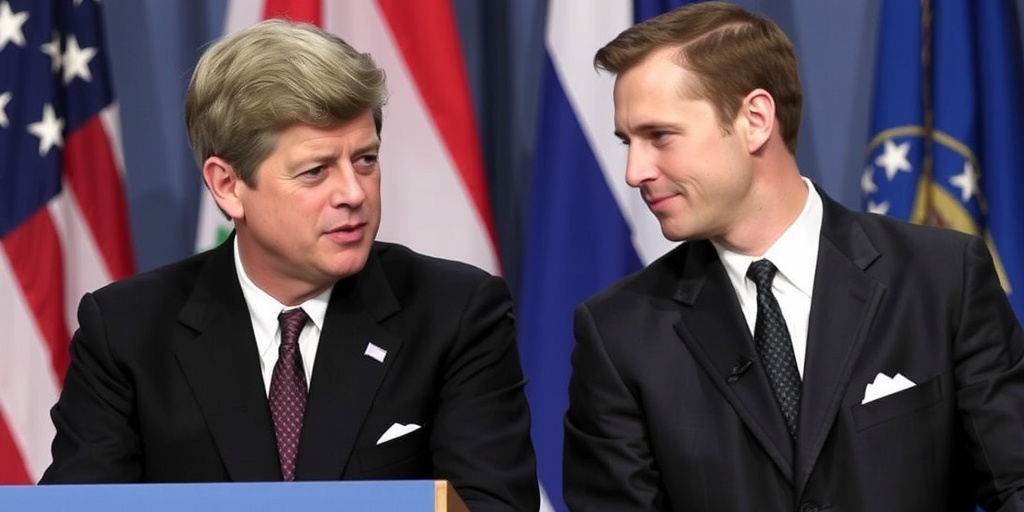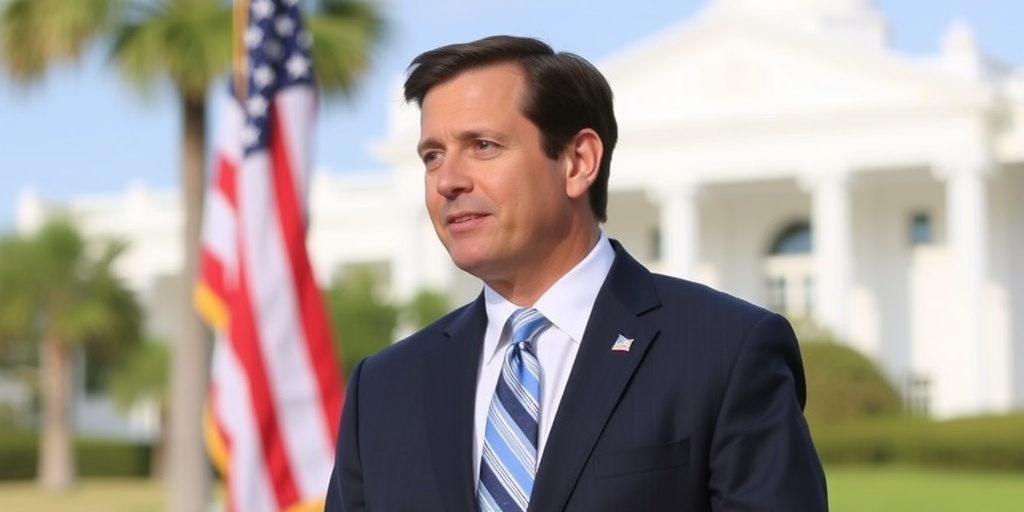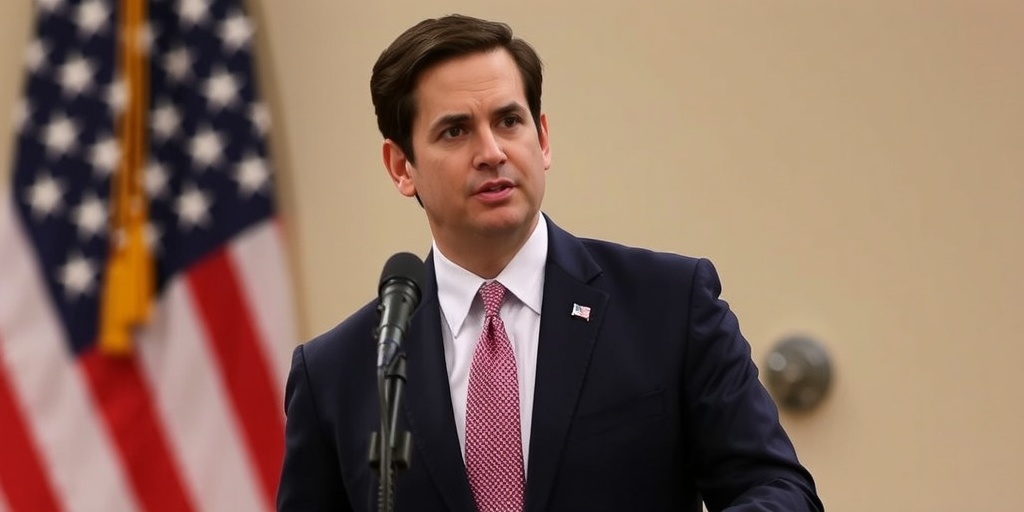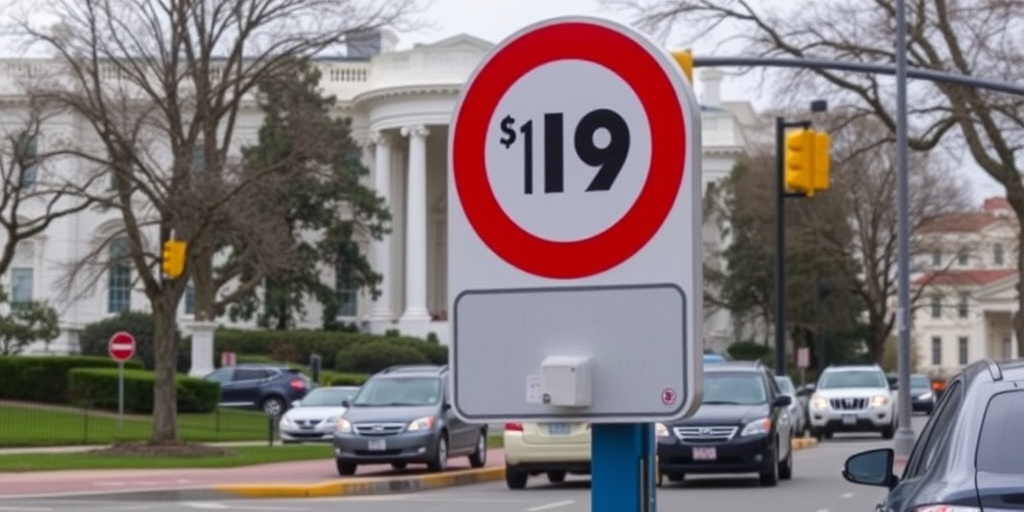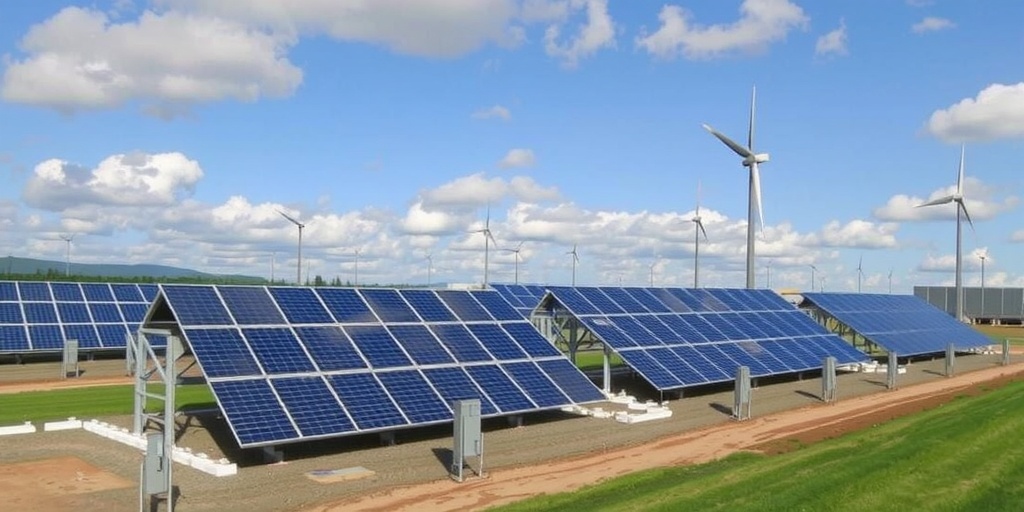Now Reading: Trump Proposes Federal Takeover of Washington D.C.
-
01
Trump Proposes Federal Takeover of Washington D.C.
Trump Proposes Federal Takeover of Washington D.C.
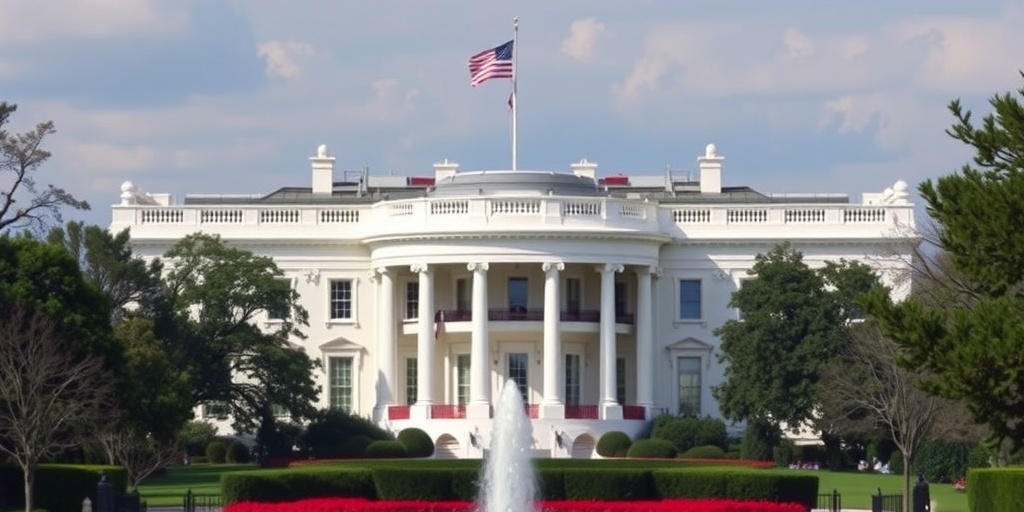
Trump Advocates Federal Control Over Washington, D.C., Amid Ongoing Debate on Governance
On Wednesday, former President Donald Trump stirred the ongoing debate regarding the governance of Washington, D.C., by suggesting that the federal government should take control of the nation’s capital. Speaking to reporters on Air Force One, Trump stated emphatically, “I think we should govern the District of Columbia. I think that we should run it strong, run it with law and order, and make it absolutely flawlessly beautiful.”
Trump’s remarks align him with a faction of Republicans who are opposed to the current system of local governance that has been in place since 1973, when Congress granted home rule to the district. This government structure allows Washingtonians to elect their mayor and city council. However, it also comes with significant limitations; under the Home Rule Act, Congress retains the authority to review all legislation passed by the D.C. Council and can amend or repeal laws as necessary. Additionally, Congress holds jurisdiction over the district’s budget, and the president appoints its judges.
Residents of Washington, D.C. have faced ongoing issues around representation and taxation. While the District’s citizens attained the right to vote in presidential elections through the 23rd Amendment in 1961, the city’s approximately 700,000 residents—more numerous than those in Vermont or Wyoming—lack full representation in Congress. They have only a non-voting delegate in the House, who can participate in debates but cannot cast votes on legislation.
The slogan “Taxation Without Representation” has become a rallying cry for many Washingtonians who pay federal taxes yet have no voice in the legislative process. In a symbolic act to draw attention to this issue, the city began featuring the phrase on its standard license plates in 2000. A significant majority of residents, approximately 86 percent, voted in favor of making D.C. the 51st state during a referendum in 2016.
Advocates for D.C. statehood emphasize that just like other Americans, Washingtonians participate in various civic duties, including raising families, paying taxes, serving on juries, and fighting for their country. They argue that gaining statehood would rectify long-standing inequities and ensure representation in Congress. Furthermore, nearly 45 percent of Washington’s population is Black, positioning a statehood vote as not only a matter of representation but also a vital racial justice issue. Should D.C. become a state, it would be classified as the only plurality-Black state in the nation, according to reports from the city government.
Democrats largely support D.C. statehood, recognizing that it would likely result in two additional Democratic senators. This has led to heightened tensions between parties, with Republicans firmly opposing efforts to elevate the district’s status. Over the years, there have been numerous unsuccessful attempts in Congress to advance statehood for Washington, D.C. Republican lawmakers have resisted, characterizing Democratic-driven initiatives as unconstitutional power grabs aimed at altering the political landscape in favor of their party.
Critics from the Republican side have often described the local government as ineffective, particularly regarding crime management. The sentiment has been that the only viable solution to rectify these issues is through federal governance of the city. Trump echoed this critique during his latest statement, claiming there is “too much crime, too much graffiti” in Washington, which he argues justifies a take-over by the federal government.
While it is true that Washington experienced a spike in crime during the 1990s, statistics reveal a significant decline in crime rates in recent years. Data shows that in 2024, violent crime rates in the district reached their lowest levels in over three decades, as reported by some local law enforcement agencies. Such statistics challenge the narrative put forth by Trump and other critics who claim the city is spiraling into disarray.
The conversation surrounding D.C.’s governance is not only about politics but also reflects deep-rooted issues of representation, equity, and home rule. As discussions continue over how to reconcile local governance with federal oversight, the future of the District of Columbia remains a pivotal topic in American political discourse. The clash of opinions regarding federal control versus local autonomy encapsulates broader themes in the nation’s ongoing struggle for equality and representation.
Stay Informed With the Latest & Most Important News
Previous Post
Next Post
-
 01New technology breakthrough has everyone talking right now
01New technology breakthrough has everyone talking right now -
 02Unbelievable life hack everyone needs to try today
02Unbelievable life hack everyone needs to try today -
 03Fascinating discovery found buried deep beneath the ocean
03Fascinating discovery found buried deep beneath the ocean -
 04Man invents genius device that solves everyday problems
04Man invents genius device that solves everyday problems -
 05Shocking discovery that changes what we know forever
05Shocking discovery that changes what we know forever -
 06Internet goes wild over celebrity’s unexpected fashion choice
06Internet goes wild over celebrity’s unexpected fashion choice -
 07Rare animal sighting stuns scientists and wildlife lovers
07Rare animal sighting stuns scientists and wildlife lovers













